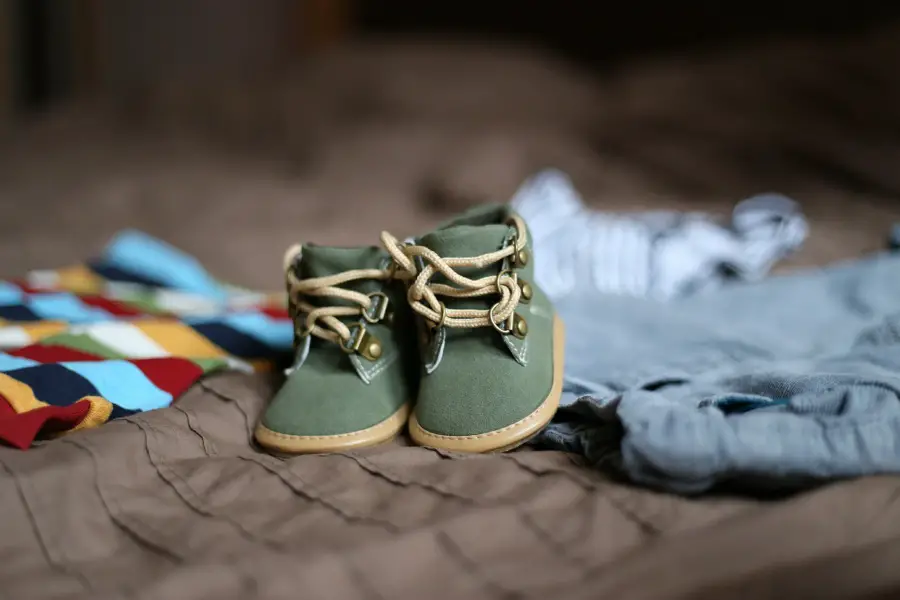Forming a Bond with an Adopted Child

Planning on adopting a child requires quite a bit of training and background checks.
This also is a decision that you must take seriously because there are many cases where the adoptive child wasn’t a good fit for the family and the child ends up becoming abused and withdrawn. Some of these kids are given back to agencies and at times removed from adoptive homes and go back in the foster system. This is terribly hard on the child and the emotional scars are life lasting. Do your homework before you consider adopting and decide if raising a child that has different genetics is something you are up for. There are many children that are in foster care systems or orphanages around the world and there are also black market kids that are up for sale for adoption. Make sure you go with a reputable agency and find the right match for you and your family.
Adoptive parents tend to go through a period of shock when they finally get the child they have been waiting for. The connection is not there yet and your new child probably is scared and bewildered so now you are wondering what to do? It doesn’t matter whether the child is a toddler, small child or a teen because this is not an easy task. Just remember that you prepared for this challenge to be positive and remember that this is not impossible. You will have to use your greatest qualities of patience, some consistency, and great faith and eventually, your new child will begin to feel welcome and comfortable.
Children form bonds when they are young and when the trust bonds are broken, it can be quite a challenge to get the child back on track and help them to trust you. The child has to feel safe and have all of their needs being met before they will start to form a bond with adoptive parents. Many of these kids have come from various foster homes and institutions and have not had much of a chance to form any bonds because they have been bounced around constantly. Their lives are in constant turmoil and it might take certain children longer than others to form that bond with you.
Don’t expect immediate results and remember not to set goals right away. Bonding is something that has to happen slowly and naturally. This is something that might take anywhere from a few months to a few years. This all depends on the life of the child, how they bond, their personality and the efforts you put into the relationship so the child can feel loved and most importantly safe. Here are some tips for bonding with adoptive children.
 Routines are important because these kids love structure and want routines to fit in. This gives them a sense of security and a bit of control over their lives. You can start with some bedtime routines, maybe a daily adventure to the park and other small things to connect with your new child.
Routines are important because these kids love structure and want routines to fit in. This gives them a sense of security and a bit of control over their lives. You can start with some bedtime routines, maybe a daily adventure to the park and other small things to connect with your new child.
Privacy is also important because kids coming from foster homes and institutions probably didn’t have much privacy. Giving them space is important because this helps them to become comfortable and feel wanted. Start with their room and a dresser and closet for their clothes and other things that are important to them.
All kids enjoy playing no matter how old they are. Playing helps them develop their motor skills and also their social interaction abilities. Many of these kids never had much playtime so spend some time every day just playing ball, maybe a game or help them do some art projects. It’s the fact that you are taking time out of your day to play with your new child that helps both of you create that bond.
Taking family pictures of all of you will help the child understand that this is their new family. Place the picture in their room somewhere so they may look at it from time to time and become more comfortable in their new home. They will soon realize that you are their new family now.
Doing activities together is important and you can teach your new child how to measure ingredients for dinner, have them help you pull weeds in the garden, go swimming with them and find out if they have a favorite sport. The child might actually like the new activities and find something new they are passionate about. This also teaches the child that you are interested in their life and want to know what they enjoy.
Write them a note occasionally and put the note in their lunch or other places that the child will find the notes. This helps you to reinforce the fact that you really do love them and want them to be happy in their new family.
 Teach your child that all they have to be is a child. They don’t have to worry about fending for themselves anymore and you are there to care for them. Reinforce the fact that they can come to you with anything they might need and you will do your best to provide them with the things that make them comfortable and are a necessity.
Teach your child that all they have to be is a child. They don’t have to worry about fending for themselves anymore and you are there to care for them. Reinforce the fact that they can come to you with anything they might need and you will do your best to provide them with the things that make them comfortable and are a necessity.
Adoptive children worry about making a mistake by doing something wrong. They feel you won’t love them any more if they make mistakes. It’s up to you to continually reinforce the fact that everyone makes mistakes and that doesn’t mean you don’t love them. You can tell them some days even if you seem cranky, it still doesn’t mean that you don’t love them anymore. Some parents tell their kids they love them but are not happy about the lamp they just broke by being careless. You can be firm but remember these kids are very emotional and sensitive so be consistent and firm. Telling these kids constantly you still love them will help them understand what unconditional love is and they will begin to understand what is right and wrong.
These kids are depending on you as parents now and have grown used to your home.
Don’t forget they still have the emotional scars from foster care or the institutions they came from and don’t understand what happened to mom and dad. Your love will help bridge that trust gap and eventually forge a lifelong bond of trust and love but you have to be consistent.







